
On Thursday, April 10, the Carnegie Mellon Center for Student Diversity and Inclusion hosted “Know Your Rights,” a panel discussion focused on abortion access and rights in Pittsburgh.
The panel, which featured staff from four local nonprofit aid organizations, shared insights into which services their organizations provided, how their work has changed in recent months, and how college students can get involved in the fight for reproductive justice.
The first panelist, MaShell Terney, is the director of intake at the Allegheny Reproductive Health Center. Founded in 1975 as an abortion clinic, the organization has since expanded to include gynecology, contraception, gender affirming care, and other services.
Terney stated that the center provides abortions from 5 weeks up to 23 weeks and 6 days of pregnancy, and also offers anesthesia for IUD insertion and removal.
The second panelist was Tyler Gillett, a staff attorney with the Women’s Law Project, a state-based nonprofit law firm that provides specialized services to women, girls, and LGBTQ+ individuals across Pennsylvania. The organization offers individual representation for cases of sexual harassment, pregnancy discrimination, and other issues, as well as impact litigation.
The Women’s Law Project is currently working with the Allegheny Reproductive Health Center in its legal dispute with the Pennsylvania Department of Human Services. The lawsuit, filed in 2019, came to a head in Jan. 2024 when the Pennsylvania Supreme Court overturned Fisher v. Department of Public Welfare, restoring the Pennsylvania Equal Rights Amendment.
Typical work of the Project, Gilett said, involves representing minors seeking abortions in Allegheny County and aiding these individuals with judicial bypass, a process required for abortion access for minors who do not have parental approval.
Reflecting on his involvement in the law firm, Gilett said, “I could have gone into big law and been a corporate attorney — I would die. But this work … I know I’m doing something that actually helps people, and that makes a difference for me.”
The third group involved in the discussion was a nonprofit called Pittsburgh Action Against Rape (PAAR), the mission of which is to “respond, educate, and advocate to end sexual violence.”
In its 50-year history, PAAR has served Pittsburgh’s community through free services for victims of sexual violence, as well as education and prevention efforts.
Jayne Lester, representing PAAR at the panel, shared that she had interned at the Women’s Law Project before graduating from law school and applying for a permanent position at PAAR, where she currently works as an Advocacy Manager.
The fourth panelist, Eboney Flowers, represented New Voices Reproductive Justice, a reproductive rights organization by and for Black Pittsburgh residents.
New Voices, which was founded in 2004, pursues two main goals: “mobilization,” through community organizing and engagement, and “narrative strategy,” encompassing policy work and advocacy.
The organization primarily works to support Black women, Black queer individuals, and other marginalized Black communities through advocacy, electoral engagement, and peer support.
New Voices is currently accepting applications for its “Defend Our Kin” leadership development cohorts, which offer educational opportunities to learn about community engagement, electoral politics, and personal empowerment within policy innovation to Black Pittsburgh residents aged 17 and above.
When asked about recent challenges in their organizations, every panelist pointed to funding in some form, especially due to current federal funding cuts to nonprofits, combined with changes to state legislatures under Title X.
Lester said that many healthcare providers are walking on eggshells around reproductive care, despite western Pennsylvania retaining some state protections for birth control and abortion access.
One audience member asked how the panelists’ organizations had been impacted by the 2022 Dobbs v. Jackson’s Women’s Health Organization Supreme Court case.
The ruling, resulting in a 6-3 vote in favor of Mississippi’s Gestational Age Act and the 5-4 overruling of Roe v. Wade, had widespread consequences for abortion access nationwide. At the Allegheny Reproductive Health Center, it was described as a nightmare by many.
“Dobbs fell,” Terney responded, “we woke up, and we had 100 voicemails on our phone. Ohio and West Virginia cancelled all their patients, so they all came to us.”
Each of the four panelists also addressed Crisis Pregnancy Centers (CPCs), organizations that are sometimes suggested at the top of search engines when patients search for nearby abortion services. These centers, in the opinions of the panelists, are often staffed by individuals who present themselves as medical professionals and attempt to stop people from seeking abortion services by giving what the panelists consider to be misinformation about eligibility.
Although the centers’ funding was primarily sourced from the state of Pennsylvania in the past, now state government is attempting to “crack down” on this type of reproductive care center.
All four panelists agreed that the primary challenge of working in the field of reproductive healthcare and law, other than funding, is getting people accurate, relevant information about their option for reproductive healthcare.
Specifically, the panelists have found that many people in Allegheny County incorrectly believe that they cannot get an abortion in Pennsylvania, even though the right is protected under the state’s constitution.
“Anyone can make the best decisions for themselves if they have the right information,” Lester remarked.
Although the organizations represented by the panelists had all experienced some difficulties in the past months, all of the panelists expressed continued confidence in their organizations’ abilities to give free care and support to the Pittsburgh community.
“There’s an ebb and flow,” Flowers stated. “We’re always going to give great care, I love my team — but the way people have accessed them has changed.”
Lester spoke about how, for the first time, her organization, PAAR, has a waitlist for training as a hotline volunteer, a role which offers confidential support and information for victims of sexual violence.
When asked how college students can get involved in reproductive justice advocacy, panelists urged students to get involved in events and efforts both on campus and off.
Educated individuals have access to far more information on reproductive rights than the average community member and have a moral responsibility to share their knowledge with those who are in need of it, they said.
Flowers urged the audience to “hook up with organizations that speak to you and things you want to accomplish in your life.”
The panelists noted that informed community members are their best advocates, and that events like the “Know Your Rights” panel help to expand awareness about abortion access and reproductive rights.
However, the panelists said, it is vital to meet people where they are.
“You can’t expect people to come into where you want them to go,” Flowers stated, “so you have to go to them.”
Lester also urged attendees to take due diligence, to “look into the mission of the place that you’re serving, and make sure it aligns with your values.”
Even though access to abortion has changed in recent years, the panelists affirmed their commitment to giving high-quality, respectful aid to those in the Pittsburgh area who need it most.
Despite their nonprofits’ tumultuous experiences in the recent past, the represenatives of all organizations shared the same source of hope — that resilience and joy will persist in the face of crisis.
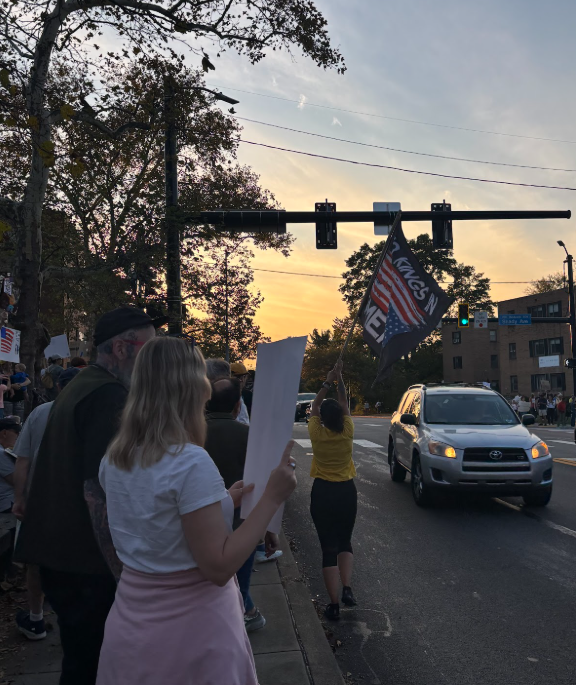

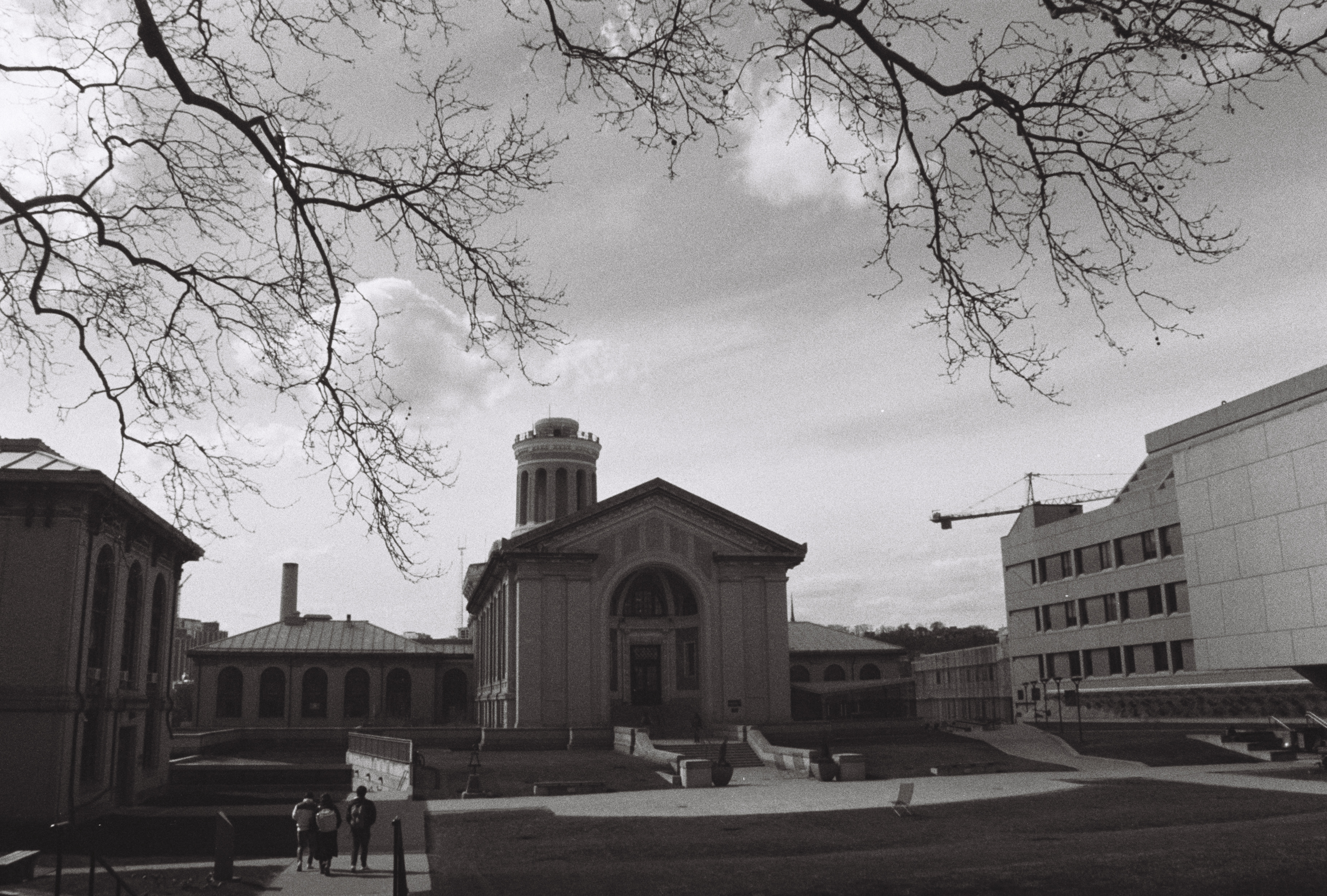

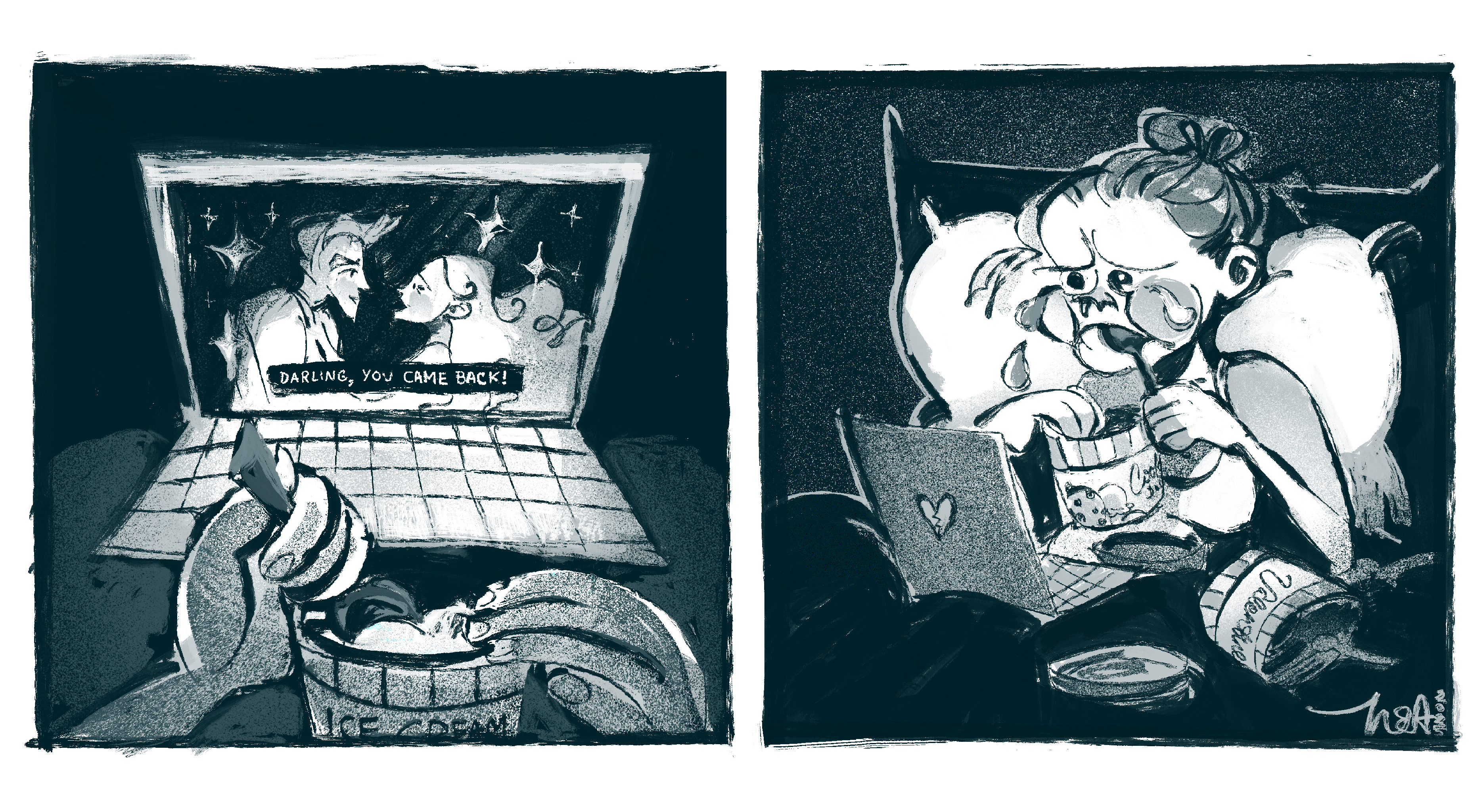
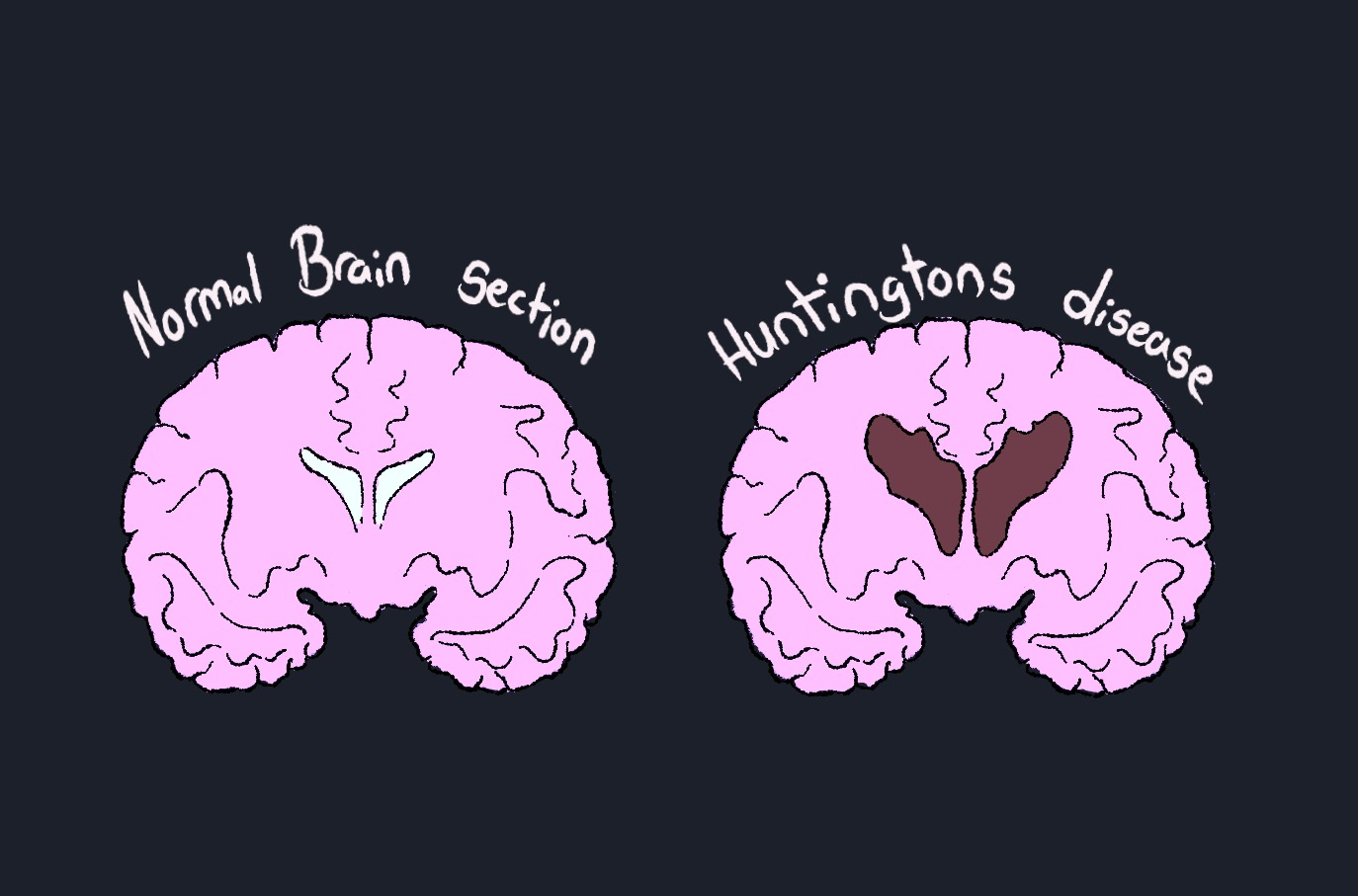

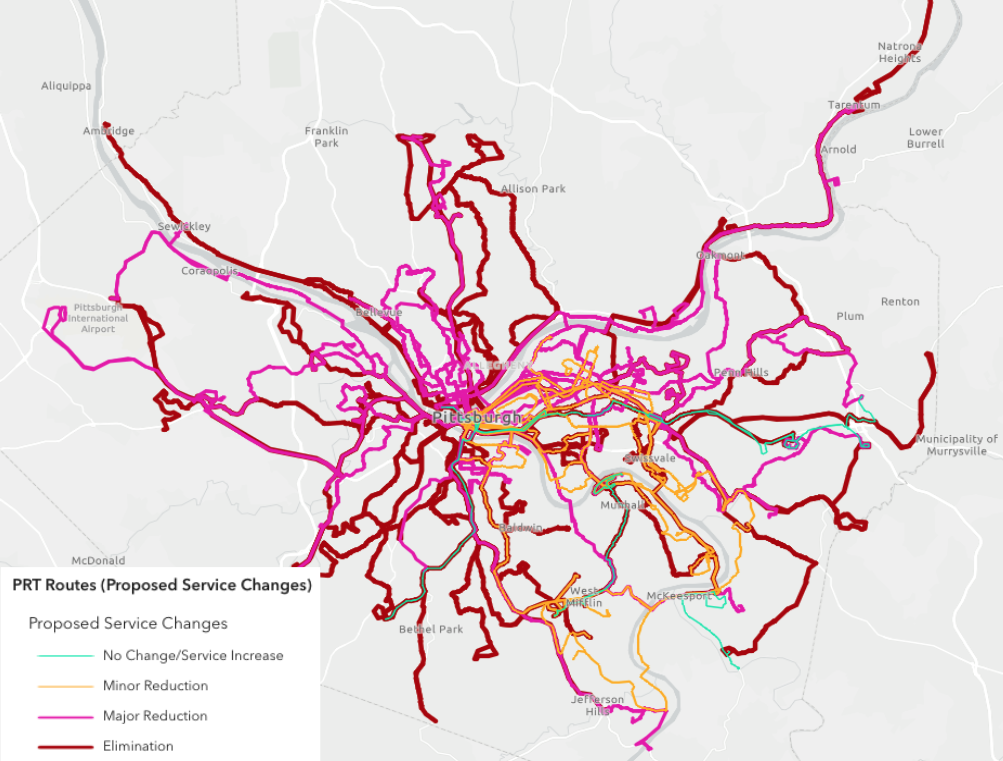
Leave a Reply